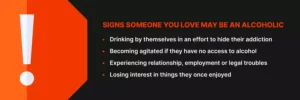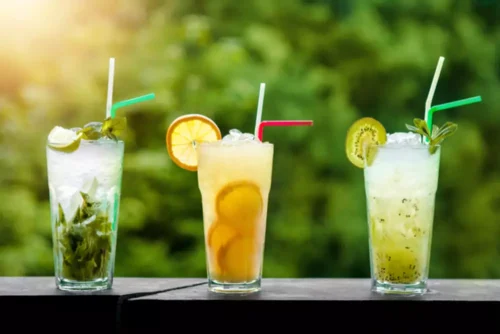
You can’t really predict how long you’ll stay drunk, and try as you might to stop being drunk faster, there’s nothing you can do to lower your BAC once you’ve started drinking. For more information on binge drinking and how to stop it, read What Is Binge Drinking and How Can You Stop It?. For more on how alcohol impacts emotions, you can read How Does Alcohol Impact Your Emotions?. This stage is characterized by unresponsiveness and a high risk of choking or injury. Individuals may need medical attention to prevent serious harm.
Please Always Remember to Drink Responsibly
The risk of death significantly increases when a person’s BAC surpasses 0.45. At this point, the body may not be able to maintain vital functions like breathing. However, remember that death is still possible at earlier stages and with other BAC figures. As you get drunker, you’ll start to experience more physical symptoms. This happens because alcohol depresses your central nervous system and interferes with your brain’s communication pathways, affecting how your brain processes information.

How Are Emotional Effects of Alcohol Explained?
Alcohol enters your bloodstream when you begin consuming and affects how your body and brain function very quickly. The typical way to measure intoxication for medical or legal purposes is by blood alcohol concentration or content (BAC). Alcohol causes your body and brain to perform significantly slower when you are extremely intoxicated.
The Health Dangers of Alcohol

Sure, when inebriated, they’re capable of out-extroverting most extroverts. But their “genuine” show of wild drunken emotional abandonment remains contrary to their day-to-day personality. In fact, once they sober up, there will be no carry-over from what in an altered state of consciousness they so boldly put on display. That a drunk person can say or do something that doesn’t represent some subconscious part of them is a concept that experts have repeatedly questioned.
- For those who already have clinical anxiety or depression, alcohol can worsen the symptoms of both conditions.
- Its first stop is the central nervous system — the brain — command central for all our actions, thoughts, and feelings.
- Individuals who are already experiencing stress or anger may become more volatile when drunk, resulting in arguments and physical altercations.
- This serves to lower your inhibitions, leading you to act more impulsively and not really care that much about how others might adversely assess your behavior.
- You’ll meet millions of fellow Reframers in our 24/7 Forum chat and daily Zoom check-in meetings.
In severe cases, vomiting can occur, which is the body’s attempt to expel the toxins. Initially, individuals may feel happy and relaxed, but as intoxication increases, these positive emotions can quickly turn into irritability, what does being drunk feel like sadness, or anger. These mood swings are often unpredictable and can lead to conflicts and misunderstandings in social settings. As drinking continues (2-4 drinks for women, 3-5 for men), emotional instability may arise.
Young people we polled were more likely to indicate a sense of anxiety after drinking than older people surveyed. More than a quarter of respondents between 20 and 29 years old told us they felt anxious after drinking compared to less than 20 percent between https://ecosoberhouse.com/ the ages of 30 and 39. During this stage the effects of alcohol are not apparent or obvious, impairment may be detectable by certain tests, and behavior is nearly normal. This alcohol evaporates from your blood through your lungs and moves into your breath.

Gratitude enhances health, brings happiness — and may even lengthen lives
The liver detoxifies alcohol from the body but can only do so in small quantities. If a person’s consumption exceeds their rate of alcohol metabolism, intoxication results. And while that first post-work margarita may feel relaxing in the moment, alcohol can elevate anxiety levels hours later — sometimes even into the next day. And no matter what “type of drunk” you are, if you find yourself drinking frequently and struggling to control your consumption, it may be a sign that it’s time to cut back. People with a high tolerance for alcohol may need to drink greater amounts to feel the same effect.

